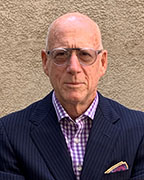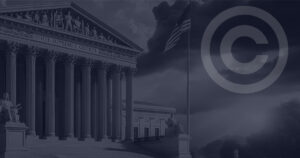
Kaitlin Corey – Business and intellectual property lawyer at Goodell DeVries
Intellectual property lawyer Kaitlin Corey recently secured a win for her client, a process serving company, in an administrative panel decision in the WIPO (World Intellectual Property Organization) Arbitration and Mediation Center. The complaint, which was filed by a competing process serving company, alleged that the client’s use of a particular domain name for its website infringed the complainant’s federally registered trademark.
In her WIPO response, Kaitlin established that the complainant’s federally registered trademark is merely descriptive, and the complainant failed to prove secondary meaning to establish a protectable mark. The Panelist also found that the complainant brought its WIPO complaint in bad faith, finding that its attempt to transfer the domain name was an attempt at “Reverse Domain Name Hijacking.”
This case serves as a worthwhile lesson to business owners to choose protectable trademarks and steer clear of descriptive marks.


 A pal and I walked across the parking lot at the Maryland State Bar Association conference last month looking for a lunch joint; the topic of our conversation was whether and why copyright and trademark registrations are necessary and beneficial.
A pal and I walked across the parking lot at the Maryland State Bar Association conference last month looking for a lunch joint; the topic of our conversation was whether and why copyright and trademark registrations are necessary and beneficial.
 Earlier this month the U.S. Supreme Court answered the question of when a copyright plaintiff must file an infringement claim or be barred from suing by statute of limitations. The case was Warner Chappell v. Nealy Music, Inc.
Earlier this month the U.S. Supreme Court answered the question of when a copyright plaintiff must file an infringement claim or be barred from suing by statute of limitations. The case was Warner Chappell v. Nealy Music, Inc.